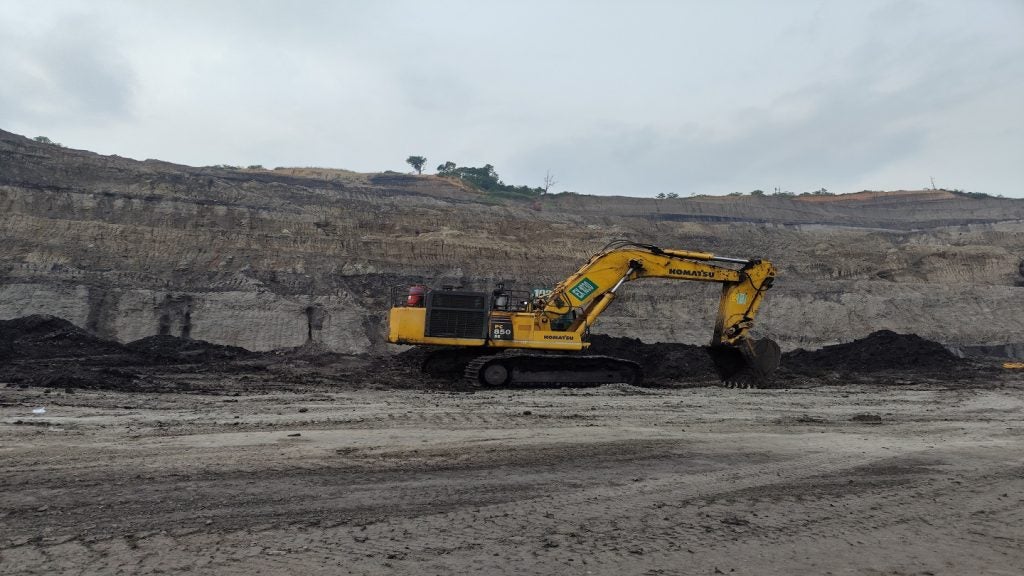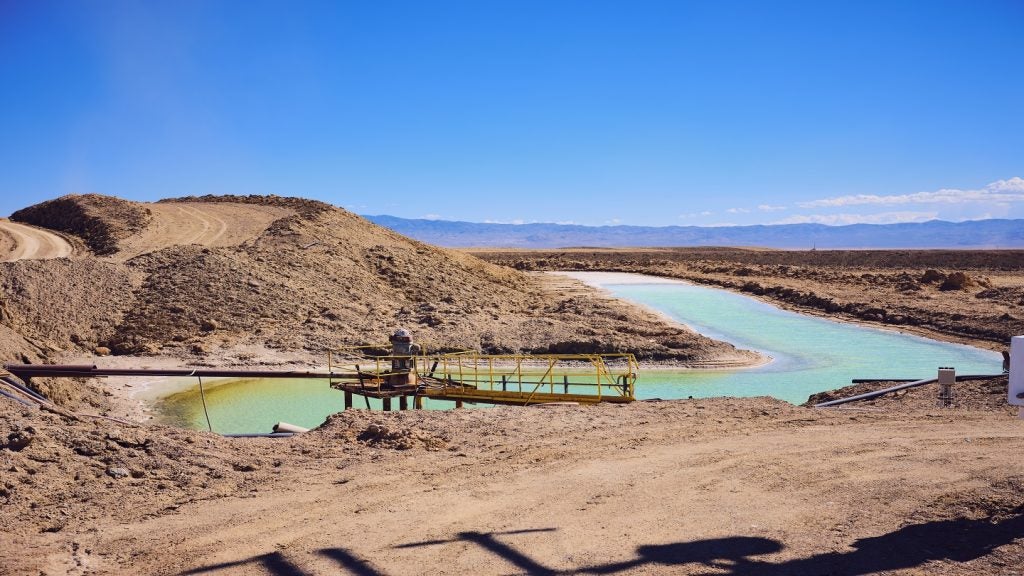Bushfire Survivors for Climate Action (BSCA) has filed a lawsuit against the approval of the Whitehaven Coal’s Narrabri Stage 3 extension project in New South Wales (NSW), Australia.
The legal proceedings were launched in the NSW Land and Environment Court with an aim of overturning the State Significant Development Consent granted in April 2022 for the extension.
Represented by the Environmental Defenders Office (EDO), BSCA contends that the NSW Independent Planning Commission’s (IPC) clearance for the extension of the Narrabri Mine was ‘unreasonable, irrational and illogical’.
BSCA also claims that the approval does not comply with public interest due to the project’s impact on triggering more extreme weather events linked to climate change.
Whitehaven said that BSCA’s proceedings aim to invalidate IPC’s approval on the grounds of climate change.
However, Whitehaven said it plans to ‘vigorously’ defend the BSCA’s proceedings.
How well do you really know your competitors?
Access the most comprehensive Company Profiles on the market, powered by GlobalData. Save hours of research. Gain competitive edge.

Thank you!
Your download email will arrive shortly
Not ready to buy yet? Download a free sample
We are confident about the unique quality of our Company Profiles. However, we want you to make the most beneficial decision for your business, so we offer a free sample that you can download by submitting the below form
By GlobalDataIPC’s consent allows the project operations to be extended up to 10km south of its existing mine with a 500m-wide coal seam and extract a further 82 million tonnes of coal by 2044.
BSCA said in a statement: “The project will generate at least 479.57Mt CO₂-e in emissions (roughly equal to Australia’s current annual greenhouse gas emissions in 2021, which were 488Mt CO₂-e) at a time when greenhouse gas emissions must be rapidly reduced to limit the devastating impacts of global warming.”
Whitehaven noted that IPC, in its approval, conducted a comprehensive assessment, as well as weighed all emissions associated with the project.
Following the review, IPC determined that the project’s GHG emissions had been ‘adequately estimated and were permissible in context of the current climate change policy framework’.







